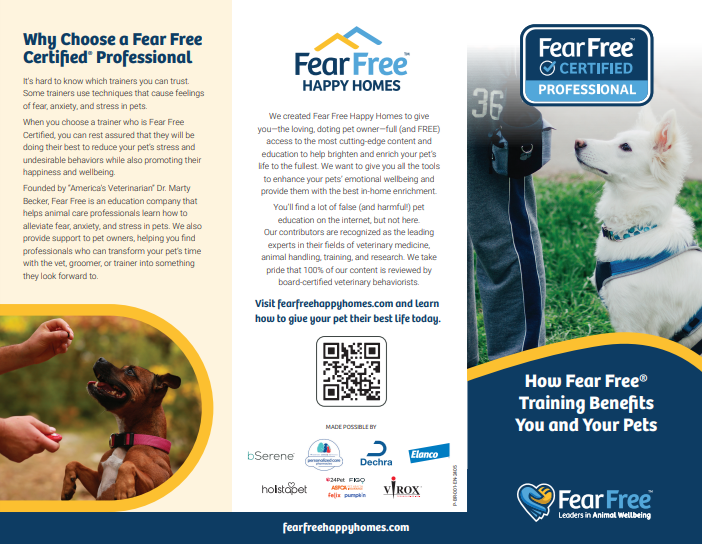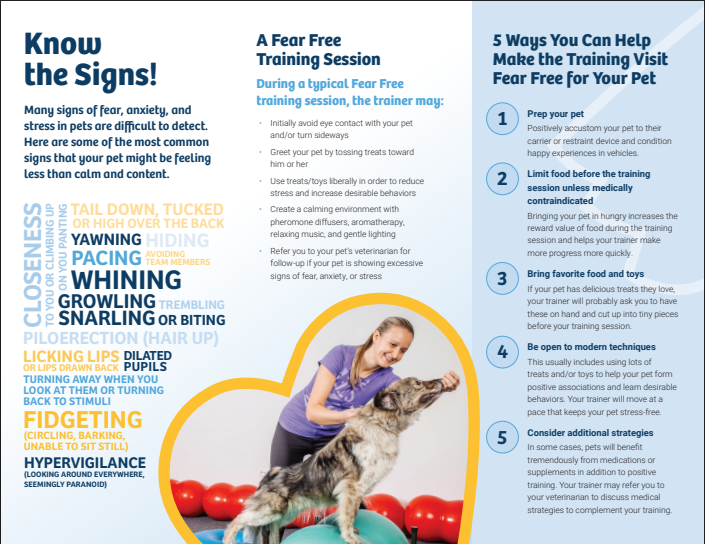Rayanne Craven
UW-AAB, CPDT-KA, IAABC-ADT, FDM, Elite FFCP
Dogs have been a passion of mine since I was a child. As a teenager, I began dog sitting for friends and family and in college began working as a veterinary technician at Newton County Animal Clinic where I worked for 5 years. I have been working professionally as a R+/Fear Free trainer for 7 years and in that time earned several certifications. I am also a part time Zookeeper with the Hattiesburg Zoo where I work with a variety of species. I live in Sumrall, Mississippi, with my dog, Kávé, a Mudi.
I earned a Bachelor’s Degree from Mississippi State University and a Graduate Certificate in Applied Animal Behavior through the University of Washington. I am a member of the International Association of Animal Behavior Consultants, the American Association of Zoo Keepers, the Pet Professional Guild, and I am also the writer for the Pet Life column for Signature Magazine.
Certifications
Graduate Certificate in Applied Animal Behavior through the University of Washington
Certified Professional Dog Trainer-Knowledge Assessed through the Certification Council of Professional Dog Trainers
Accredited Dog Trainer through the International Association of Animal Behavior Consultants
Family Dog Mediator through Kim Brophey’s L.E.G.S. Course
Elite Fear Free Certified Professional (Trainer, Veterinary, Veterinary-Avian, Veterinary-Equine) through Fear Free Pets
My Why
I love teaching pet parents how to read and recognize body language, how to meet their dog’s needs, how to set their dogs up for success, and enjoy the benefits of a positive relationship. My goal is to educate pet parents and to show them they can have a wonderful time training and building a bond with their dogs through positive reinforcement. Dogs bring so much joy into our lives and we owe it to them to learn the ways they communicate with us and others, and to meet their species specific needs of sniffing, chewing, and just getting to be a dog.
-
There are many labels for dog training out there which can be confusing. I tend to ascribe to LIMA/R+ training methods. LIMA stands for Least Intrusive Minimally Aversive and R+ stands for Positive Reinforcement. While those are technical words, my training methods can best be summed up in saying that I strive to be both kind to dogs AND their owners. I primarily use food or toy rewards to reward the dog for desirable behaviors. I do not use shock/electric stimulation collars, prong collars, or choke collars. If you are currently using those with your dog, I am not passing any judgement. However, in my experience, I have seen much harm and many behaviors made worse by use of these tools, which is why I do not use or recommend them to my clients. See the American Veterinary Society of Animal Behavior statement on humane training here.
-
I will reward the dog with praise, treats/food, and/or a toy. It is up to the dog to determine what they find rewarding. Many clients have told me their dog is not food motivated so treats won’t work. However, all living things have the innate need to eat, so often it is merely figuring out what treats/food the dog does really like and using that!
-
We as humans tend to label behaviors as “bad” that are often 100% completely normal dog behaviors! However, there are some behaviors that for human’s sake it is better to teach the dog a different behavior. First, we want to determine why the dog is doing the undesirable behavior. Is it an underlying medical issue? (this is the case way more often that you may think!) Is the dog getting enough physical and mental exercise? Those questions have to be answered first before we can start to form a training plan. Oftentimes if the dog is not responding to a cue given, it is because they either don’t actually understand the cue, or the environment in which we are asking them to perform the behavior is way too distracting. Once we make adjustments to our training plan we often seen the dog have success!
As a Fear Free Certified Professional, I do not use any sort of physical or verbal tactics to intimidate or try to cause stress or fear in the dog. This is not ethical and is not beneficial for the dog to truly be able to learn. No living thing wants to learn in an environment where they are constantly in a state of fear, stress, or completely shut down. It is important to learn about dog body language so you can recognize when your dog is stressed.




